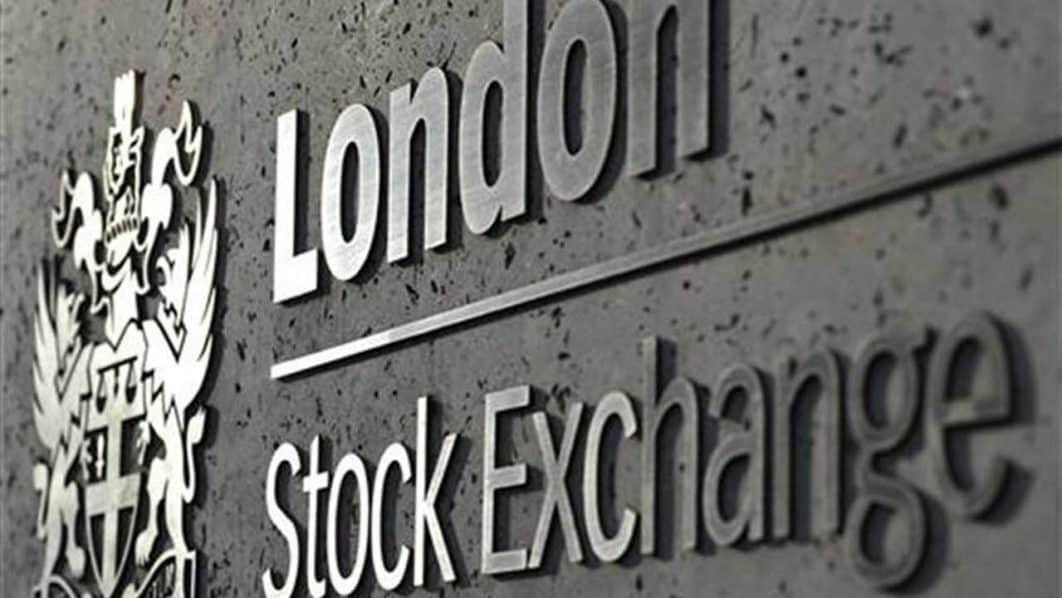As the UK grapples with tightening COVID-19 restrictions, London stocks fell by 2.3%, reflecting market jitters over rising cases, partial lockdowns, and mounting economic pressures. These restrictions, designed to curb the virus’s resurgence, are also impacting European and global markets, with German and French stocks down 2.5%, and US markets expected to fall by at least 1%.
This article delves into the economic implications of the new measures, their effects on financial markets, and the broader uncertainty gripping the global economy.
New COVID-19 Restrictions in the UK
Stricter Rules in London and the North
- London: Households are prohibited from meeting indoors, and outdoor gatherings are capped at six people.
- Northern England: Pubs and bars are closed, with only schools, workplaces, and essential services permitted to operate.
Partial Lockdown Measures
Unlike the complete lockdowns seen earlier in the year, the current measures are more targeted. Schools, workplaces, and shops remain open, allowing for limited economic activity. However, the partial nature of these restrictions raises questions about their effectiveness in curbing the virus’s spread.
Rising Cases Across Europe
The return of colder weather has brought a surge in new infections:
- France: Reporting approximately 22,000 new cases daily.
- Germany: Preparing for additional restrictions to contain the virus.
The increasing caseload has heightened fears of prolonged economic stagnation, particularly as health systems face renewed pressure without cost-effective treatments widely available.
Economic and Financial Impacts
UK’s Financial Strain
Leader of the opposition Keir Starmer has called for a national lockdown, but financial support this time around is significantly less than the assistance provided during the initial lockdown in March.
Debt and Tax Concerns
- UK debt has already reached 100% of GDP, prompting Chancellor Rishi Sunak to warn that taxes may need to rise to address the fiscal burden.
- The continued rise in debt threatens to further stifle economic recovery, leaving limited room for stimulus measures.
Market Reaction: London Stocks and Global Markets
London Stocks
London stocks dropped by 2.3%, reflecting investor concerns about the impact of the new restrictions on economic recovery and corporate earnings.
European Markets
- Germany and France: Stocks fell by 2.5%, mirroring the declines in London.
- US Stocks: Expected to drop by at least 1%, as global uncertainty spills over into American markets.
Cryptocurrency Markets
- Bitcoin (BTC): Fell by 0.8%, showing slight resilience compared to traditional markets.
- Ethereum (ETH): Declined by 2.3%, reflecting greater sensitivity to market volatility.
While cryptocurrencies have often been viewed as a hedge against traditional market instability, their reaction to another potential lockdown remains unclear.
Challenges Facing the Global Economy
Healthcare and Economic Recovery
Nine months into the pandemic, the global healthcare industry—worth approximately $7 trillion annually—has yet to deliver widely accessible and cost-effective treatments. High-profile recoveries, such as Donald Trump’s purported $90,000 treatment, have fueled public frustration over healthcare inequities.
Consumer Behavior and Business Operations
- Face masks are now mandatory in many European countries, contributing to a semblance of normalcy.
- Retail and essential services remain operational, but reduced consumer spending and limited mobility continue to dampen economic activity.
Broader Implications of Partial Lockdowns
1. Limited Economic Relief
Unlike the spring lockdowns, financial support measures this time are less generous, leaving households and businesses vulnerable to economic shocks.
2. Market Volatility
The partial nature of the restrictions creates uncertainty, making it difficult for investors to predict the long-term economic impact.
3. Public Sentiment and Trust
Suspicions about the availability of effective treatments and the handling of the crisis by governments have eroded public trust, further complicating recovery efforts.
FAQs About the Economic Impact of Restrictions
1. Why have London stocks fallen by 2.3%?
The decline reflects concerns over new COVID-19 restrictions, rising cases, and the economic strain caused by limited financial support.
2. How are global markets reacting to the restrictions?
German and French stocks fell by 2.5%, while US markets are expected to decline by at least 1%. Cryptocurrencies like Bitcoin and Ethereum also experienced slight drops.
3. What is the financial outlook for the UK?
With debt already at 100% of GDP and limited fiscal room, the UK faces significant challenges in funding further relief measures.
4. How do these restrictions differ from earlier lockdowns?
The current restrictions are partial, allowing schools, workplaces, and shops to remain open, which helps maintain some level of economic activity.
5. How have cryptocurrencies reacted to the new restrictions?
Bitcoin fell by 0.8%, and Ethereum by 2.3%. While relatively stable, their long-term response to another lockdown remains uncertain.
6. What are the main concerns for global recovery?
Rising debt, limited financial support, and healthcare inefficiencies are the primary hurdles to sustained economic recovery.
Conclusion: A Challenging Road Ahead
The combination of rising COVID-19 cases, tightening restrictions, and reduced financial support has left global markets and economies on uncertain footing. With London stocks down 2.3%, and similar declines across Europe, the financial strain is evident.
As the world navigates this complex phase of the pandemic, the ability of governments and industries to provide effective solutions will be critical. Whether through targeted financial measures or advancements in healthcare, decisive action is needed to restore economic stability and public confidence.
To stay updated on market trends and economic developments, explore our article on financial market insights, where we analyze the latest news and its implications for investors.
Disclaimer: The information provided is not trading advice, Bitcoinworld.co.in holds no liability for any investments made based on the information provided on this page. We strongly recommend independent research and/or consultation with a qualified professional before making any investment decisions.


